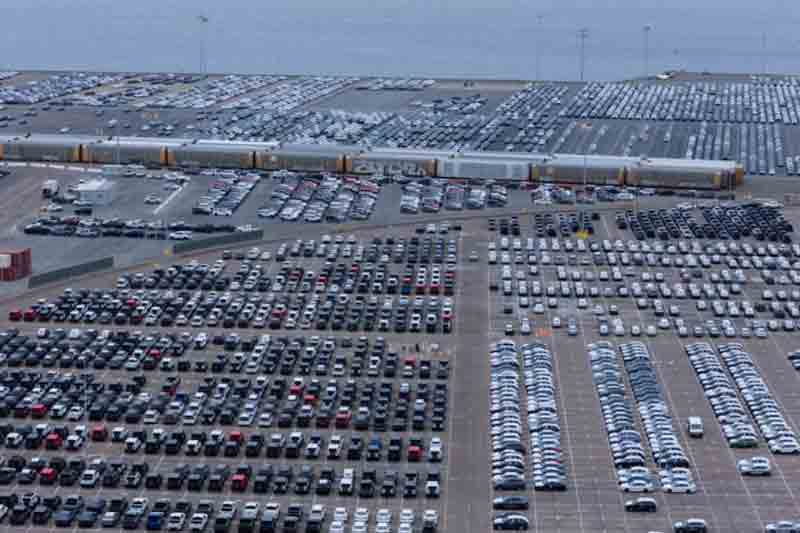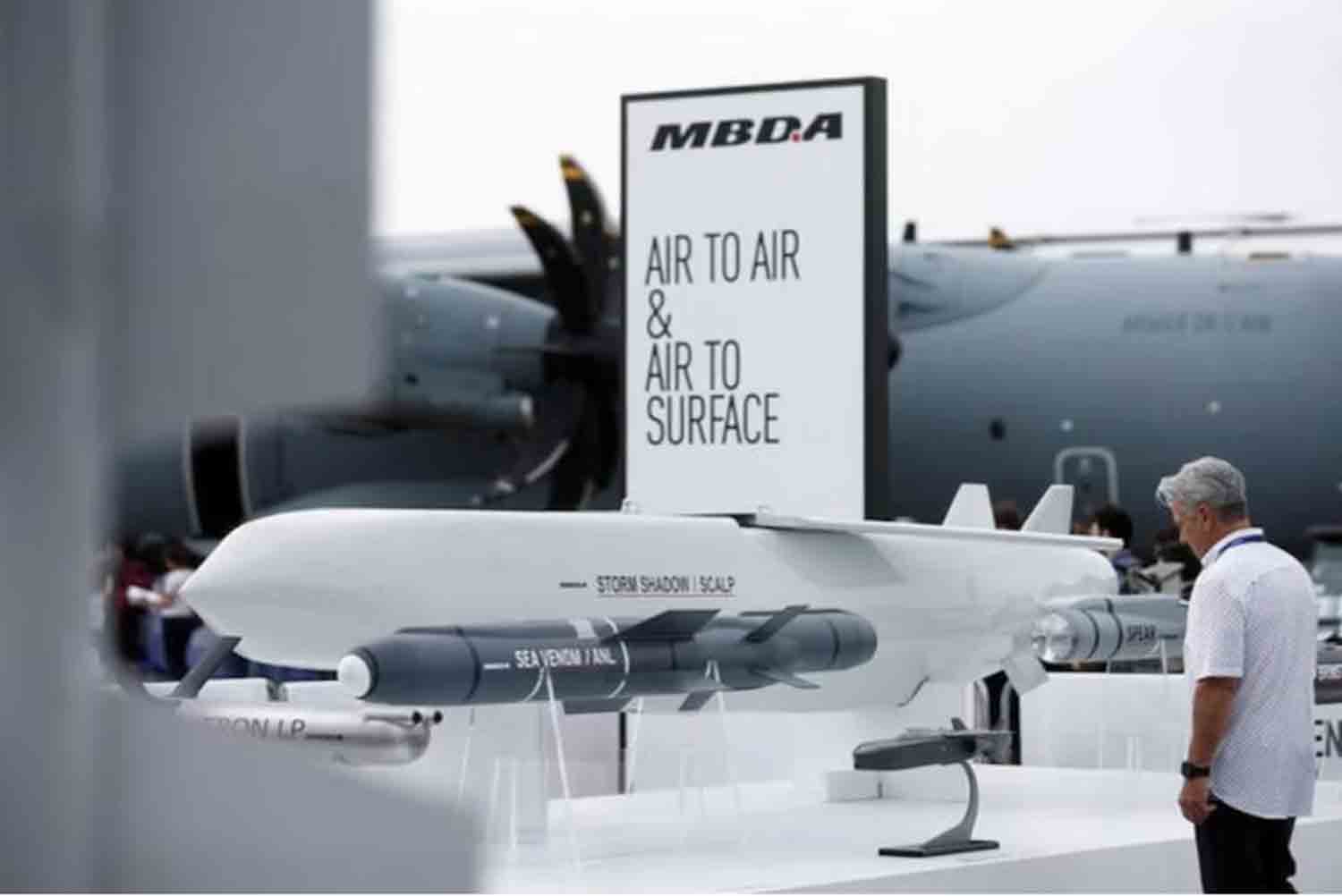On Wednesday, U.S. President Donald Trump announced a 25% tariff on imported cars and light trucks, set to take effect next week. This move expands the global trade conflict he initiated upon returning to the presidency earlier this year, a decision that industry experts predict will increase prices and hinder production in the automotive sector.
“We’re implementing a 25% tariff on all vehicles not manufactured in the United States,” Trump stated during an event in the Oval Office.
Trump views tariffs as a means to generate revenue to balance his proposed tax cuts and to rejuvenate the struggling U.S. industrial sector. The new import duties are scheduled to begin on April 2, coinciding with his announcement of reciprocal tariffs targeting countries that contribute significantly to the U.S. trade deficit. The collection of these auto tariffs will commence on April 3.
The announcement was met with immediate backlash from the European Union and Canadian Prime Minister Mark Carney, who labeled it a “direct attack” on Canadian workers. “We will protect our workers, our companies, and our nation, and we will do so united,” Carney asserted. Following the news, shares of automakers dropped in after-hours trading, and U.S. equity index futures fell, suggesting a lower opening for stocks on Thursday.
While the specifics of the proclamation Trump signed are still being clarified, its legal foundation stems from a 2019 national security investigation into auto imports conducted during his first term, as indicated by a photo of the signed document obtained by Reuters.
The proclamation references Section 232 of the Trade Act of 1962. The 2019 investigation concluded that auto imports threaten U.S. national security, although Trump did not impose tariffs at that time. Additionally, the directive currently exempts automotive parts that comply with the U.S.-Mexico-Canada Agreement, which Trump negotiated during his first term, allowing for mostly duty-free trade between the U.S. and its two largest trading partners.
Automobile parts that comply with USMCA regulations will continue to be exempt from tariffs until the Secretary of Commerce, in collaboration with U.S. Customs and Border Protection (CBP), implements a system for imposing tariffs on their non-U.S. components, stated Harrison Fields, principal deputy press secretary at the White House, on X.
In 2024, the U.S. imported automotive products valued at $474 billion, which included $220 billion in passenger cars. The primary suppliers were Mexico, Japan, South Korea, Canada, and Germany, all of which are key allies of the U.S.
STOCK MARKET DECLINE
Prior to Trump’s announcement, shares of U.S.-listed automotive manufacturers dropped due to fears that tariffs could disrupt a global auto industry already facing challenges from Trump’s swift tariff threats and occasional reversals. The U.S. stock market also experienced a downturn, with investors concerned about tariffs that have been a persistent issue over the past month. The S&P 500 Index fell by 1.1% before the press conference and has declined over 4% in March, marking its worst monthly performance in nearly a year.
Following the announcement, equity index futures for the S&P 500 dropped another 0.4% on Wednesday evening, indicating a weaker trading start for Thursday.
Since his inauguration on January 20, Trump has announced and postponed tariffs on Canada and Mexico, citing their involvement in the opioid fentanyl crisis in the U.S.; imposed import taxes on Chinese goods for similar reasons; introduced significant duties on steel and aluminum imports; and has frequently mentioned plans to unveil global reciprocal tariffs on April 2.
Regarding the upcoming announcement on April 2, Trump suggested that the measures may not align with the reciprocal tariffs he has previously promised. “We’re going to make it very lenient,” Trump remarked. “I think people will be very surprised. In many cases, it will be less than the tariffs they have been charging for decades.”
The newly introduced vehicle levies are anticipated to significantly increase car prices for consumers, potentially by thousands of dollars. This could adversely affect new vehicle sales and lead to job losses, as the U.S. automotive sector is heavily dependent on imported components, according to the Center for Automotive Research.
“At a time when cost is the primary concern for American car buyers, U.S. automakers are striving to offer a variety of affordable vehicles,” stated Jennifer Safavian, president and CEO of Autos Drive America, a trade association for foreign automakers. “The tariffs enacted today will raise production and sales costs for cars in the United States, ultimately resulting in higher prices, reduced choices for consumers, and a decline in manufacturing jobs within the U.S.”
Discover more from Defence Talks | Defense News Hub, Military Updates, Security Insights
Subscribe to get the latest posts sent to your email.





